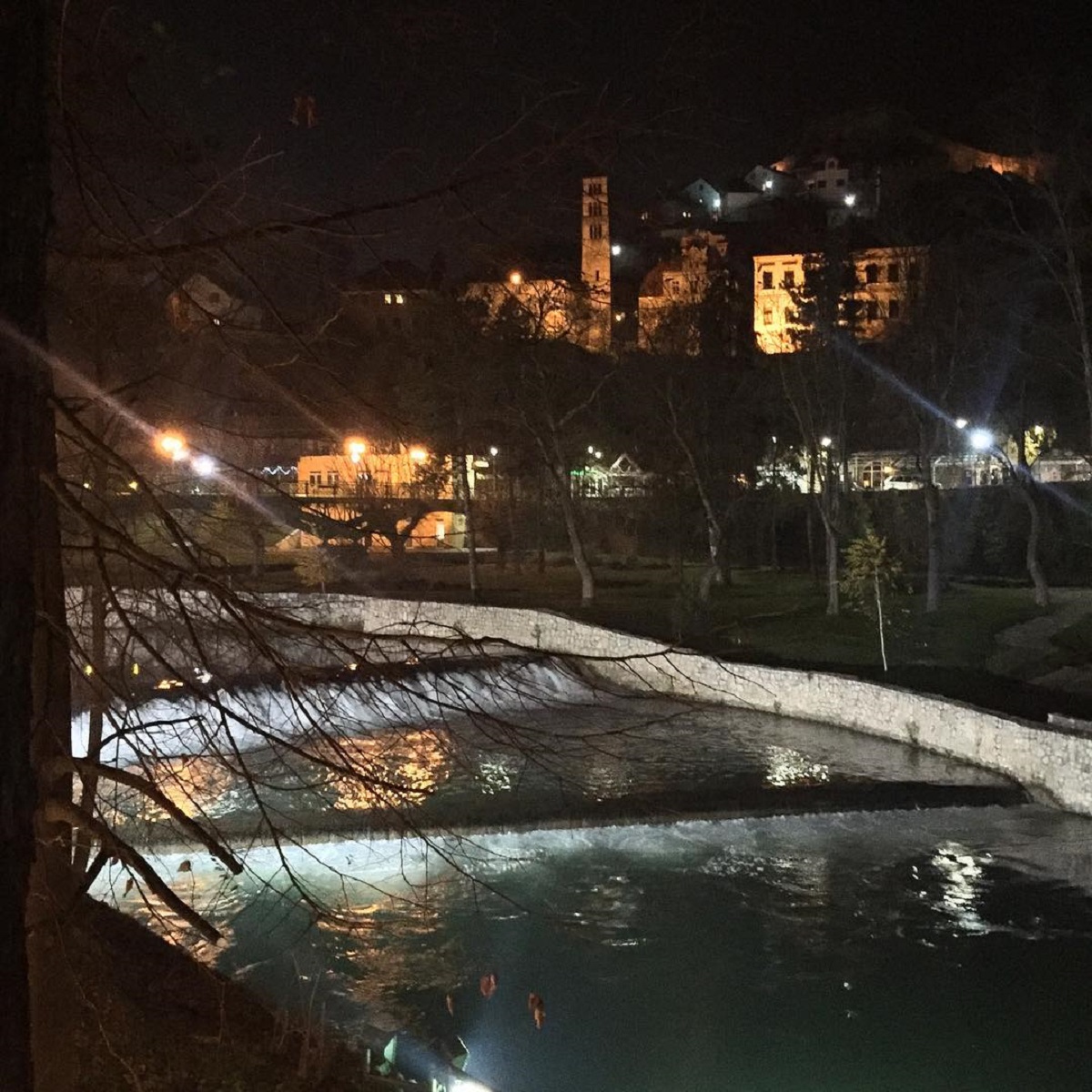Submitted by Emina Čamdžić
Enhancing Working in the Smart City for Energy - Efficient Recovery
Bosnia and Herzegovina Architecture News - Mar 03, 2021 - 17:50 5704 views

Nowadays it is a necessity to use digital tools and technology for working online and remotely, question is 'how does it feel that it's easier or harder than usual'? Changes in the meetings' schedules, project timeline, then phone meetings or online, in addition multiple conversations and e-mail etiquette has to be reconsidered, while the lack of support from neighboring residents towards online meetings and zoom conferences seems discouraging.
Spring is coming and the nature is a great way of easing the hardship of work essentials and towards new work surrounding enhancing creativity and for architects this is always a good thing. Especially when the topic of the changes in climate is on high priority, it is vital to realize and value the worth of natural surrounding and current social changes. During the last months it has become harder to do the printing and sending of projects, shorter work time and rescheduling, it could be a struggle for architecture students and recent graduates to find internships in their scope of work. Definitely, it is tricky to travel, do an internship and traineeship on architecture and interior design, and less connective than usual because virtual meetings require focus on the webinar topic rather then meeting and discussing ideas and sharing visions with your colleagues.
Impact of the virus pandemic is large towards financial crisis and architecture practice resilience. What digital tools can be used and what knowledge can be taken from previous financial crashes which happened about 10 to 15 years ago. It must have had a different approach which could be used to enhance workload recoveries. According to RIBA Recovery roadmap (Royal Institute of British Architects) which is "an online digest of resources developed in response to the coronavirus pandemic and the impact it is having on architects", RIBA offers a digital three steps guide on the phases of response, recovery and resilience" to ensure your practice can continue working ... and to manage future disruption and economic uncertainty".
What can you do:
- Take time to go through your object plans or interior design plans, printed and pdf materials, try to communicate to colleagues and be open minded and cooperate.
- Ability to remote educate, professional development webinars, working on concrete projects.
- Listen to podcast, here is a series of conversations from RIBA on Soundcloud, while you can find more on similar applications and websites.
- When working you have to find time for yourself, get some good energy and ideas with nature and audio.
- Find inspiration to go forward and enhance your creativity, relax with music.
- Do some exercises and fitness in the garden or if necessary at home, but try to avoid making noise due to respect towards other residents in your apartment, building or house.
- Visit online artistic and architecture exhibitions.
- Work towards professional development with webinars and courses on energy efficient and sustainable architecture, and share your knowledge.
- Share your thoughts and ideas.
- Work towards achieving new goals and projects in your current surrounding.
Sustainable architecture and energy efficient projects are the response to climate change and create healthy environments in addition to SDG2030 (Sustainable Development) goals. Learn more on these and other previous articles.
Top image courtesy of Emina Čamdžic, BA Dip. Arch. MA
